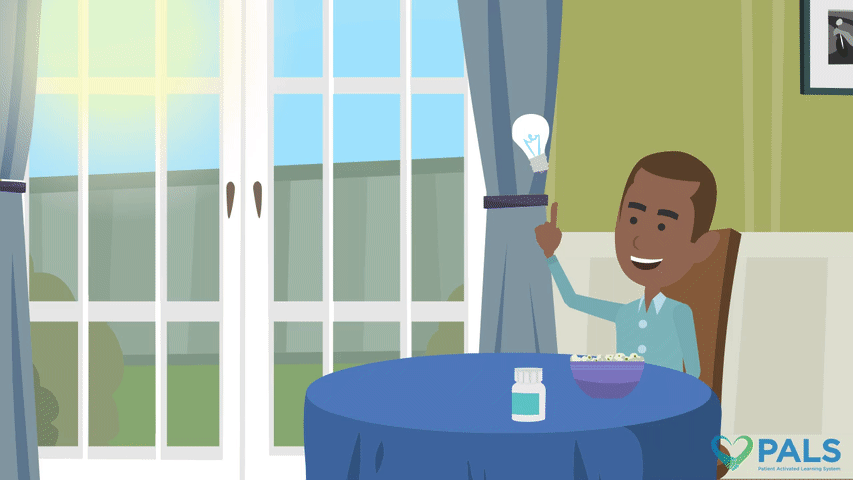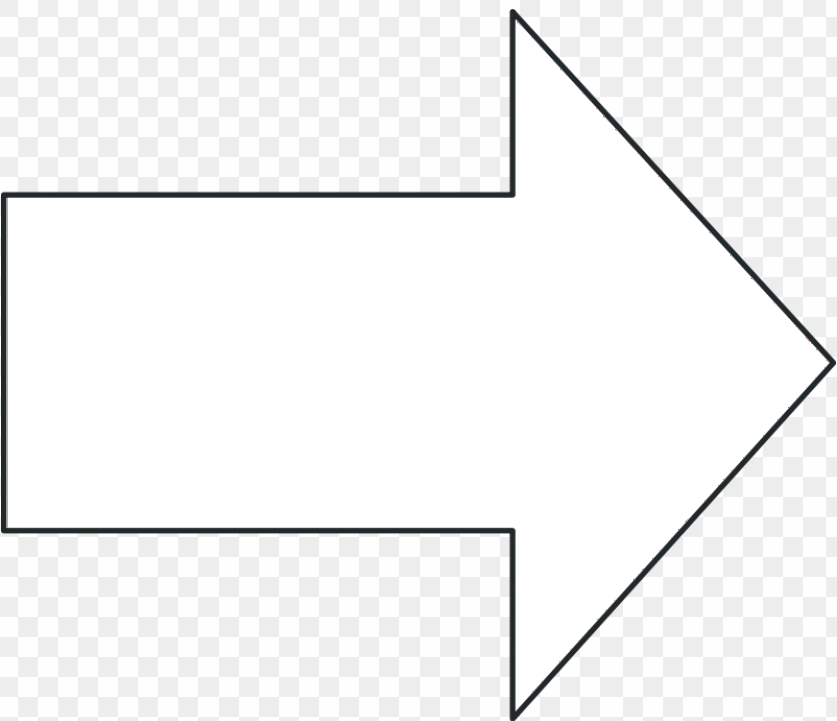The manufacturer's report suggests taking chlorthalidone in the morning or at least before 6 pm to avoid impairing sleep because of the diuretic effect. It also states that divided daily doses are unnecessary.1
Pharmacologic studies of chlorthalidone inform recommendations for dosing. Chlorthalidone has an elimination half-life of approximately 40-60 hours.2,3 Most of the circulating chlorthalidone is bound to erythrocyte carbonic anhydrase, which allows chlorthalidone to slowly re-enter the plasma over time and exert its effects.3,4 The duration of action of chlorthalidone has been reported to range from 24-72 hours.2,3 Studies using ambulatory blood pressure monitoring have demonstrated that the antihypertensive effects of chlorthalidone persist throughout the day and night.5,6 This long duration of action may benefit patients who miss a dose. In their study of the effect of different doses of chlorthalidone on blood pressure, Bengtsson et al. showed that 50 mg every other day versus every day maintained mean and diastolic blood pressure, though there was a moderate increase in systolic blood pressure.7
Normally, blood pressure levels dip in the overnight hours. People whose levels do not dip overnight, when monitored over 24 hours, have been shown to have a higher risk of cardiovascular events.8 The morning rise in blood pressure is known to contribute to the risk of cardiac events in the first few hours after awakening.7 A 2011 Cochrane review provided limited evidence that bedtime dosing of antihypertensive therapy might achieve better blood pressure control than morning dosing, but this analysis did not include studies of chlorthalidone users specifically.9
The Hygia Chronotherapy Trial compared clinical results for patients taking their antihypertensive medication upon awakening with those taking their medication at bedtime (n=19,084)10 Ambulatory blood pressure (BP) readings, sleep time BP, and cardiovascular outcomes were all improved in those taking medication at bedtime. A 45% relative reduction in cardiovascular disease (CVD) events was achieved by those consuming their blood pressure medications at bedtime compared to those taking medications upon awakening. The absolute reduction in risk was 5.4%.11
Patients in the Hygia study continued on the medications they were taking at the time of enlistment into the study.10 Approximately 69% of participants were taking angiotensin-receptor blockers ARBs) or angiotensin converting enzyme (ACE) inhibitors as monotherapy. The most frequently prescribed dual therapy was an ARB or ACE inhibitor with a diuretic, most commonly HCTZ (43%). The authors of the Hygia study point out that there may be individual medications which do not result in better CVD outcomes when given at bedtime.
References
- Chlorthalidone Manufacturers Information. Morgantown, WV: Mylan Pharmaceuticals, Inc.; 2014.
- Carter BL, Ernst ME, Cohen JD. Hydrochlorothiazide versus chlorthalidone: evidence supporting their interchangeability. Hypertension. Jan 2004;43(1):4-9.
- Riess W, Dubach UC, Burckhardt D, Theobald W, Vuillard P, Zimmerli M. Pharmacokinetic studies with chlorthalidone (Hygroton) in man. Eur J Clin Pharmacol. Dec 16 1977;12(5):375-382.
- Dieterle W, Wagner J, Faigle JW. Binding of chlorthalidone (Hygroton®) to blood components in man. European Journal of Clinical Pharmacology. 1976;10(1):37-42.
- Pareek AK, Messerli FH, Chandurkar NB, et al. Efficacy of Low-Dose Chlorthalidone and Hydrochlorothiazide as Assessed by 24-h Ambulatory Blood Pressure Monitoring. J Am Coll Cardiol. Feb 02 2016;67(4):379-389.
- Ernst ME, Carter BL, Goerdt CJ, et al. Comparative antihypertensive effects of hydrochlorothiazide and chlorthalidone on ambulatory and office blood pressure. Hypertension. Mar 2006;47(3):352-358.
- Bengtsson C, Johnsson G, Sannerstedt R, Werko L. Effect of different doses of chlorthalidone on blood pressure, serum potassium, and serum urate. Br Med J. Jan 25 1975;1(5951):197-199.
- Mahabala C, Kamath P, Bhaskaran U, Pai ND, Pai AU. Antihypertensive therapy: nocturnal dippers and nondippers. Do we treat them differently? Vasc Health Risk Manag 2013; 9 : 125-133.
- Zhao P, Xu P, Wan C, Wang Z. Evening versus morning dosing regimen drug therapy for hypertension. Cochrane Database Syst Rev 2011; (10): CD004184.
- Hermida RC, Crespo JJ, Domínguez-Sardiña M, et al. Bedtime hypertension treatment improves cardiovascular risk reduction: the Hygia Chronotherapy Trial. Eur Heart J. October 2019.
- NEJM Journal Watch: Summaries of and commentary on original medical and scientific articles from key medical journals. https://www.jwatch.org/na50538/2019/12/26/antihypertension-medications-might-best-be-taken-night. Accessed January 24, 2020.




